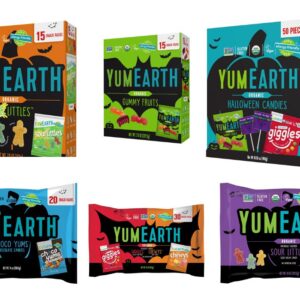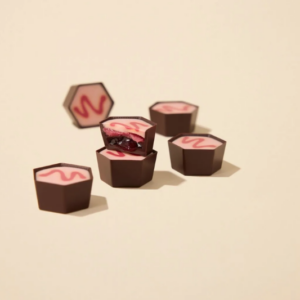IBIS Rice expands range with new bean and rice cakes

Credit: Ibis Rice
IBIS Rice, the Cambodian rice brand, backed by conservationist Chris Packham, has launched an exciting snack packed with protein and fibre – bean and rice cakes.
IBIS Rice’s new organic bean and rice cakes demonstrate how joined-up thinking across the whole supply chain can create market innovation that brings benefits to soil, to wildlife, to farmers and to consumers.
This latest launch from the planet positive brand taps into the ever-growing trend for added protein foods as customers seek to add functionality to their foods, or to rely on alternative sources of protein in their diet. With their bean and rice cakes, IBIS Rice has brought on-trend product innovation to the market that also supports soil regeneration, prevents deforestation and creates a sustainable future for farmers and wildlife.
IBIS rice is traditionally grown rice, planted a once-a-year with the seasonal flooding from the monsoons. Working with farmers on soil improvement, IBIS Rice have established inter-cropping with red black-eye beans. The beans naturally fertilise the soil, improving yields, and nourishing soils to support wildlife and help safeguard the forests. Now, with one rice crop a year and two bean harvests before and after the rice season, IBIS Rice farmers get paid three times a year instead of once, and the income diversification is a key part of building climate resilience and future sustainability into their livelihoods.
Speaking of the launch, Nicholas Spencer, CEO at IBIS Rice Conservation Co. said;
“Of course, a new product launch is always exciting, but this one is particularly noteworthy for us as a business. Not only do the Bean & Rice Cakes taste delicious, they are the absolute embodiment of what IBIS Rice stands for – good for farmers, wildlife, the planet, and our customers.”
IBIS Rice is a paddy to plate brand – they buy direct from farmers, then process and package their own foods, keeping the added value in Cambodia, and then selling directly to their UK distributor. This short supply chain means more of the value of a bag of rice sold on shelf goes back to the farmers, allowing them to invest in their future, and in turn creating a future for the ecosystem that they live and work within.






